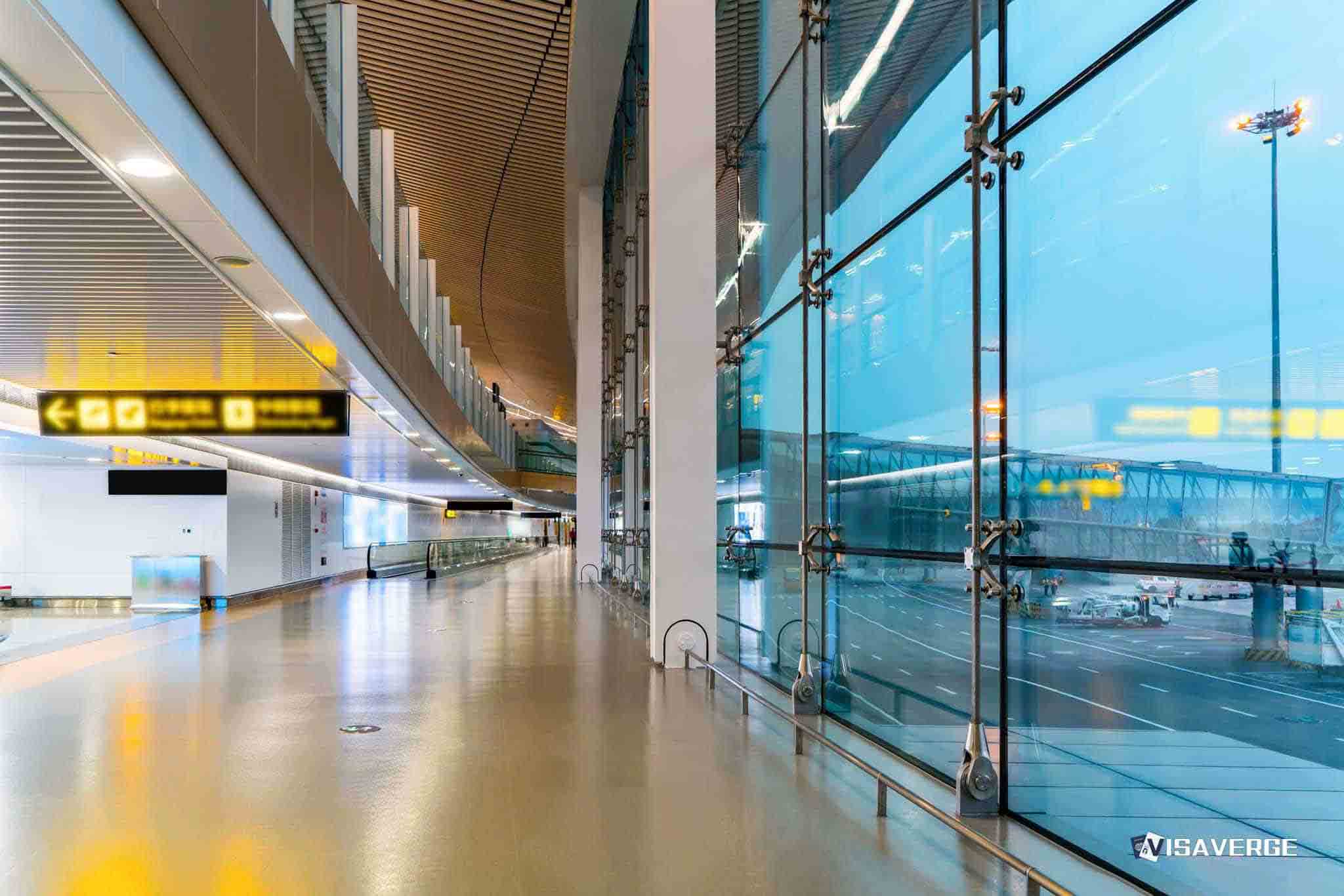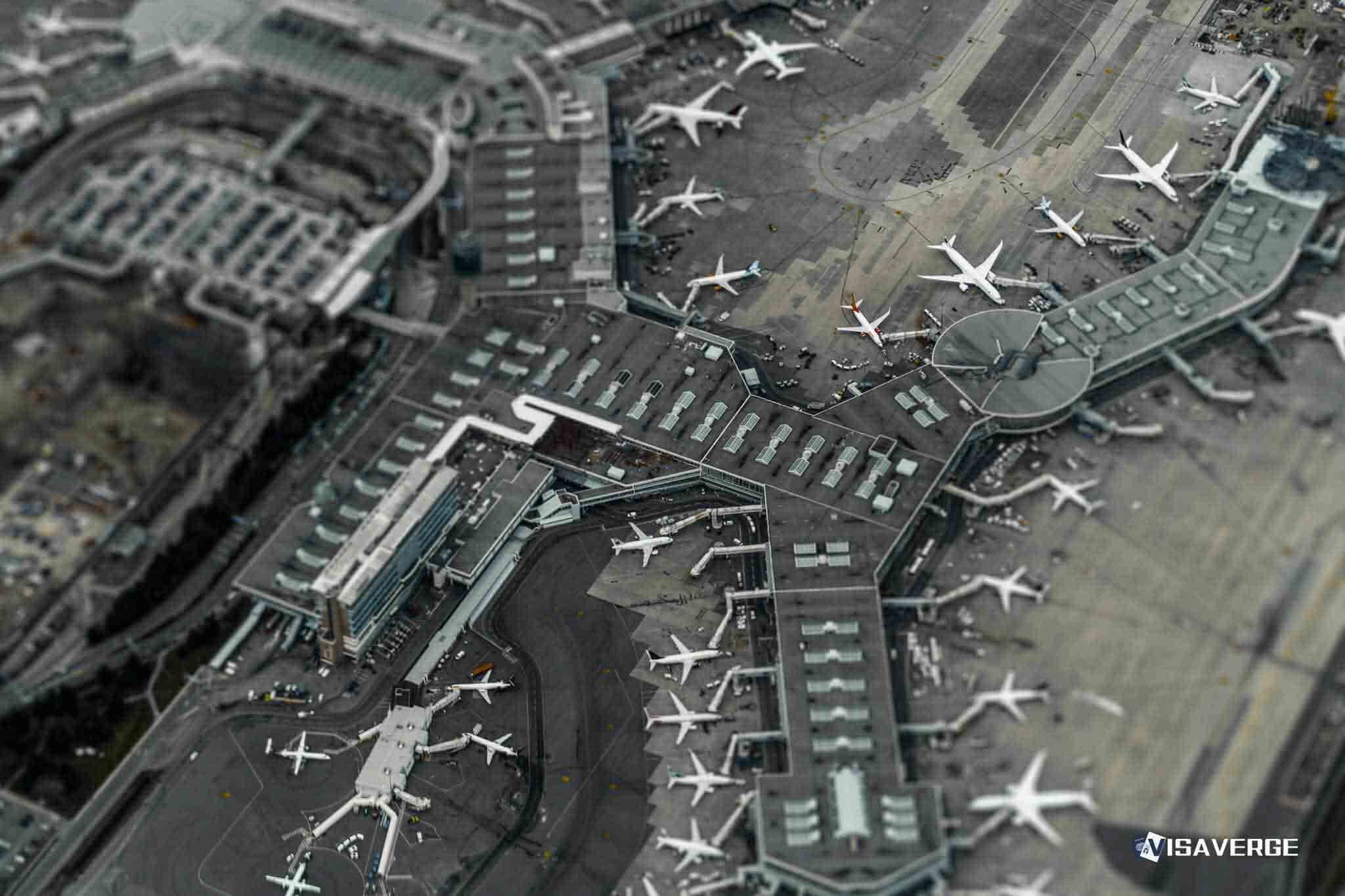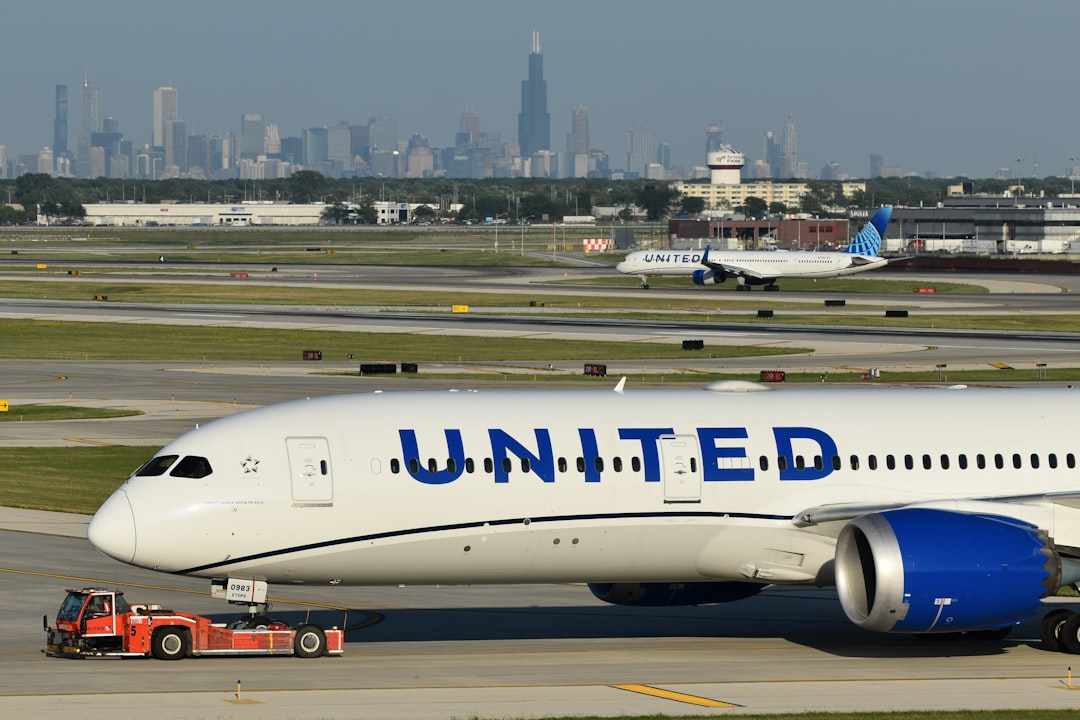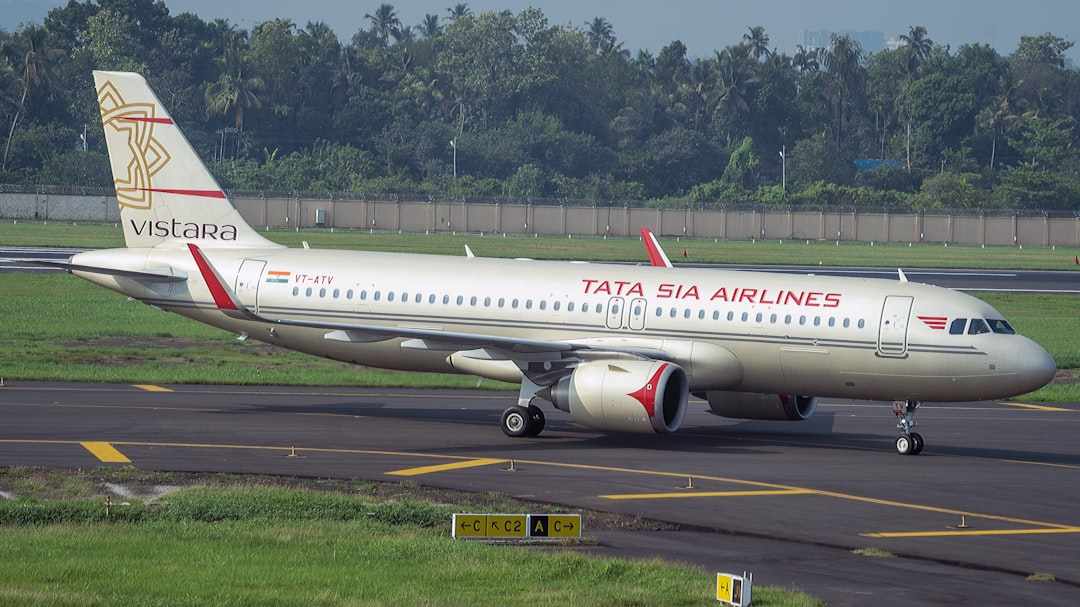(PHILADELPHIA, PA) A plane at Philadelphia International Airport was evacuated after a reported mechanical issue, prompting an emergency response and leaving passengers on a disrupted American Airlines flight to Georgia waiting for new travel plans. Airport officials said everyone was taken off the aircraft as a precaution, and early reports confirmed that no injuries were reported during the evacuation.
What happened at the airport
Airport and airline statements have been limited to safety-focused facts. The airline has not released the specific flight number or the exact nature of the mechanical problem. What is clear is that the crew treated the issue seriously enough to order a full evacuation.

- Passengers were evacuated quickly, likely using stairs or emergency exits.
- Fire and rescue teams were standing by on the ramp.
- Airport operations continued otherwise, with domestic and international flights moving.
“No injuries were reported” and officials have not suggested any broader security threat tied to the incident.
Immediate effects on passengers
For most domestic passengers, the disruption meant missed meetings, family visits, or connections. The airline advised travelers to check status and rebooking options through the American Airlines app, website, or customer service centers.
- Travelers at Philadelphia International Airport reported long lines at customer desks and gate areas.
- The carrier has not said how many passengers were on the evacuated aircraft.
- Everyone on that flight needed either a new ticket or a confirmed backup plan.
Special concerns for foreign nationals and temporary-status travelers
The event can create more than a travel headache for some foreign nationals, especially when travel schedules are tied to visa rules or immigration appointments.
- A single stranded American Airlines flight at a major hub can cause people to miss:
- Consular appointments
- Biometric visits
- Legal deadlines tied to their stay in the United States
- Travelers commonly affected include:
- Students on F‑1 visas
- Workers on H‑1B status
- Visitors nearing the end of their permitted stay
Immigration-record and legal timing implications
Immigration lawyers remind travelers that U.S. law generally looks at when a person actually leaves the country, not when they planned to leave.
- Being stuck overnight in Philadelphia because of an evacuation means a traveler is still in the United States for that extra night.
- Usually this is not a problem if the person still has valid time left in their status.
- It can become stressful for those already at the edge of allowed stay or trying to avoid triggering bars on future visas.
When someone enters the United States, U.S. Customs and Border Protection creates an electronic Form I-94 arrival/departure record that controls how long they are allowed to remain. Travelers can view and print their record at the official site:
– Form I-94 arrival/departure record
- A missed connection caused by a mechanical delay usually does not change the I‑94 itself, but it can disrupt the rest of a planned itinerary, including domestic flights to a destination city for living, study, or work.
Broader effects on immigration cases
Analysis by VisaVerge.com notes that disruptions at major hubs can have indirect effects on immigration cases even when the root cause is a technical or mechanical issue.
- People headed to:
- Adjustment of status interviews
- Naturalization ceremonies
- Visa stamping trips inside the country
may see plans fall apart if forced to rebook last minute.
- For families already under stress from paperwork and long waits, an unexpected evacuation and cancelled flight can feel like another barrier — even if safety procedures worked properly.
Safety vs. downstream consequences
The evacuation underscores the balance between strict safety rules and the realities of modern travel.
- “Mechanical issue” can cover many problems, from minor sensor faults to more serious concerns.
- When crews and maintenance staff remove people from a plane at Philadelphia International Airport, safety is the priority, but it triggers chain reactions affecting:
- Baggage handling
- Immigration schedules
- Legal timelines
U.S. authorities emphasize that safety decisions rest with pilots and maintenance teams, not immigration agencies. Nonetheless, the knock-on effects often reach immigration spaces quickly.
Practical steps for affected travelers
Travelers caught up in the evacuation were urged to stay in close contact with American Airlines and to keep records of their delay.
- Recommended actions:
- Check flight status and rebooking options via the airline app, website, or customer service.
- Keep copies of all airline communications (emails, texts, receipts).
- Contact schools, employers, lawyers, or consulates as needed.
- Keep key documents in carry-on bags: passports, visa documents, and appointment confirmations.
Keeping records that show a mechanical issue forced a missed connection may help explain timing discrepancies later to consular or border officers.
Official resources and continuing operations
Officials reported that airport operations continued and that U.S. Customs and Border Protection officers continued routine inspections of arriving travelers.
- General information on entering and leaving the United States, including inspection procedures, is available from:
Takeaway
For many domestic travelers, the immediate concern will be vouchers or hotel accommodations. For passengers constrained by visa limits, work permits, or study rules, the deeper worry is whether a sudden mechanical issue will ripple into immigration plans weeks or months later.
Until American Airlines and airport officials share more about the specific mechanical issue that grounded the aircraft, immigration-focused concerns remain general rather than tied to this single case.
- Practical reminders:
- Travel with extra time when in temporary status.
- Keep copies of key documents in carry-on bags.
- Know how to reach airlines, schools, lawyers, and employers in case a short delay becomes a prolonged stay.
An American Airlines flight at Philadelphia International Airport was evacuated due to a mechanical issue; officials reported no injuries. The airline did not disclose the flight number or technical details. Passengers experienced delays, long lines, and needed rebooking, raising concerns for foreign nationals who might miss consular or immigration appointments. Travelers should keep records of airline communications, carry key documents, and notify schools, employers, or lawyers as needed while authorities investigate the aircraft problem.






